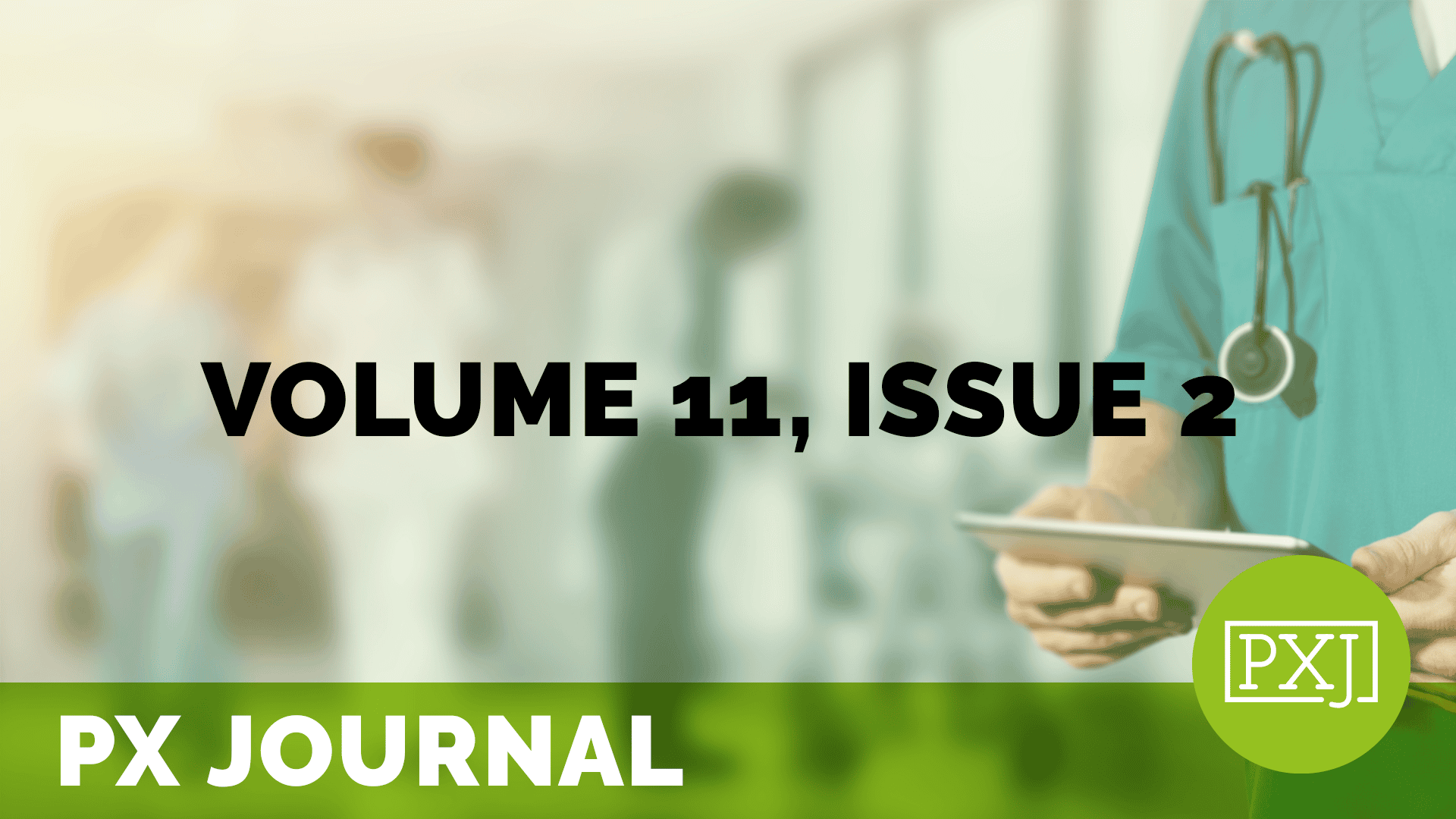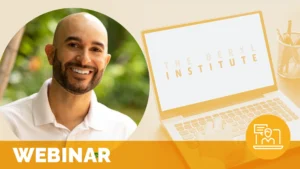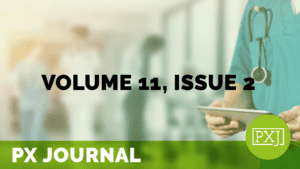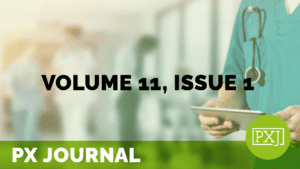Research Imitates Life: Researching Within Your Lived Experience

This personal narrative article seeks to bring awareness to and provide an overview of the various aspects that come with being a lived experience researcher including the host of benefits and challenges that come with conducting research within one’s own area of lived experience.
Related content
-
 Environment & Hospitality | Patient Family & Community Engagement
Environment & Hospitality | Patient Family & Community EngagementWhere are my things? An Introduction & Application Tutorial
Does your organization struggle with managing patient belongings? If so, join us for “Where are my things?”, an introduction to our latest publication highlighting best practices for safeguarding patient valuables and essential items in hospitals. This tutorial will provide you with a collection of tips and proven methods to apply in your organization to address
Learn more -
 Patient Family & Community Engagement
Patient Family & Community EngagementIs Timing Everything?: The Role of Time on the Relationship between Patient-Centered Communication and Provider Empathy
Several studies have indicated that providers that successfully implement patient-centered communication (PCC) practices related to health literacy and exemplify higher levels of empathy improve patient health outcomes. Time is frequently noted as a barrier when implementing PCC practices.
Learn more -
 Patient Family & Community Engagement
Patient Family & Community EngagementHelping Patients Navigate the Emergency Department: Assessing the Utility of a Poster Illustrating the Patient Journey
Patients often have limited understanding of the emergency department (ED) care process, which can increase anxiety, frustration, and confusion. This study implemented and assessed the usefulness of a poster explaining the ED care process. A large wall-mounted poster illustrating the patient journey was developed; two different data collection techniques were used. First, a QR code/URL
Learn more
